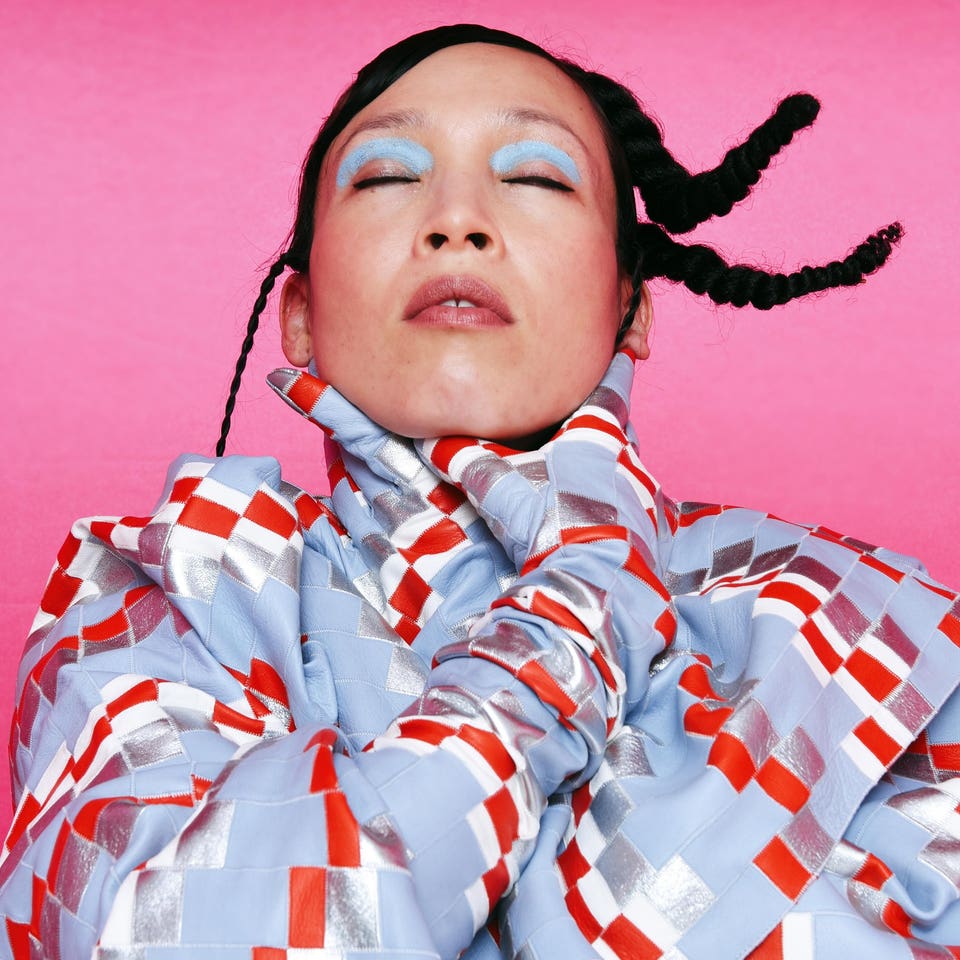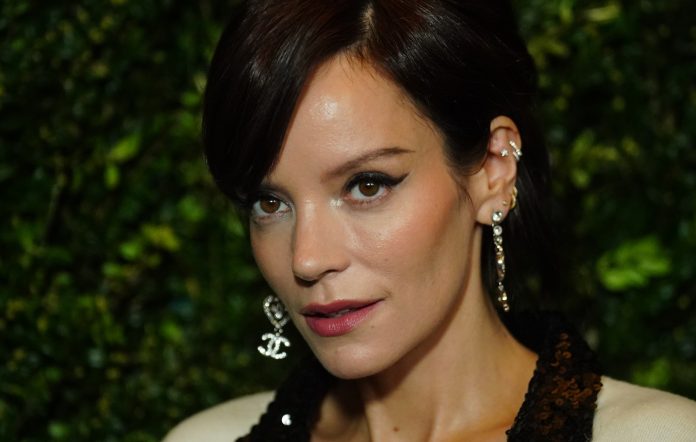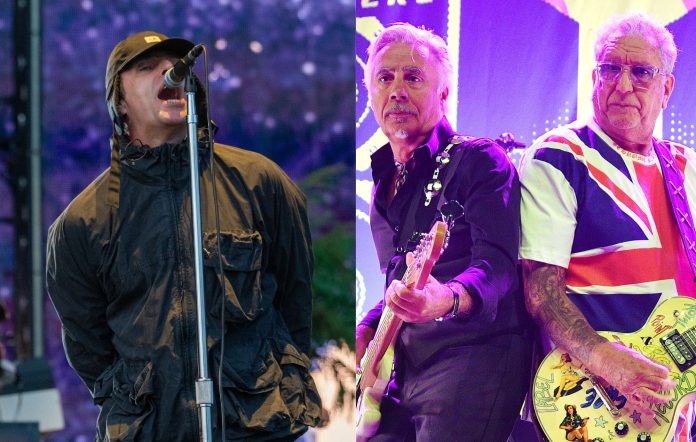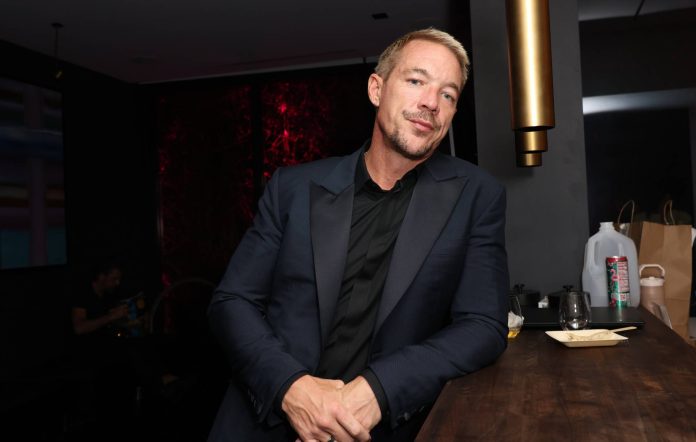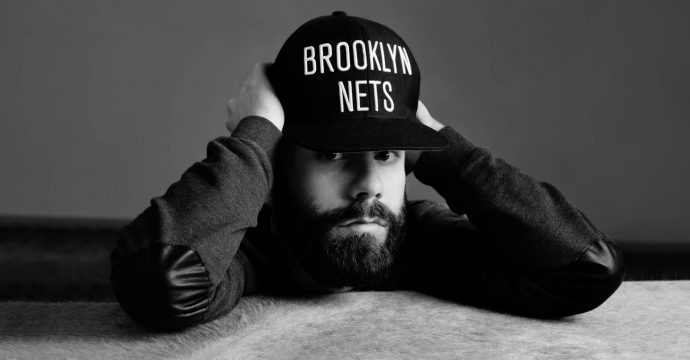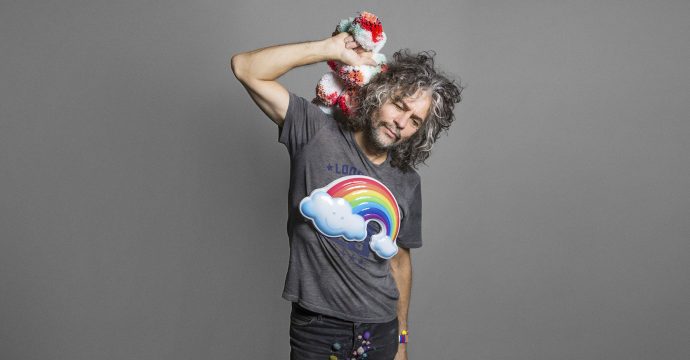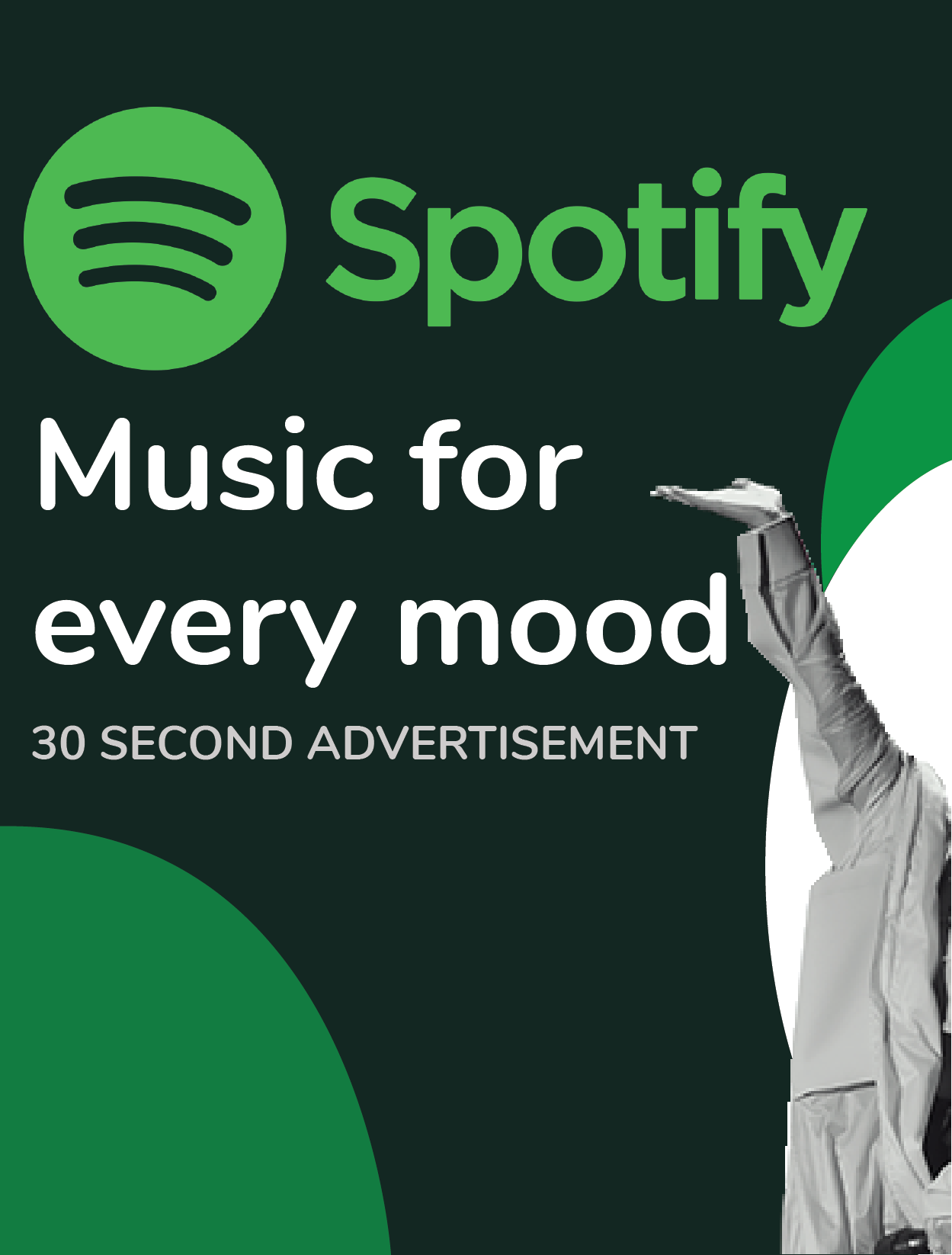Ms. Nagano, do you think our understanding of what a band is has changed since the days of The Beatles or The Rolling Stones?
I think the music industry has definitely changed. I think people had gotten used to session musicians and the idea of artists collaborating and playing with other artists on stage but these days, a lot of concerts almost have a live karaoke vibe; artists will have a back track playing. I think in pop music where there’s a lot of layered instruments, some artists find it easier to just have a back track with a drummer and all the background vocals on tape…
And that also effects people’s perception of other artists. I think when people talk about Little Dragon; they’re talking about you first and the band second.
Which is weird because I don’t really think of myself as the frontwoman of Little Dragon. To describe myself that way would feel like I’m putting myself over the guys which I couldn’t do because I’m so dependent on them. But I guess that’s just how it is when you’re the singer and the only girl. I mean, I think I’ve heard, “How does it feel to be the only girl in the band?” like a million times. It’s a really uninteresting question to me but it keeps getting asked, you know?
“I don’t feel any pressure to be anything for anyone.”
Is it frustrating to have a hierarchy forced on you in that way?
We try not to let that affect us too much because people are always going to categorize you. It can definitely be frustrating when there’s a collaboration we did where the guys wrote the melody and produced something and I maybe put some vocals on it and we’ve all been part of it — but then only my part in it is acknowledged. But I don’t feel any pressure to be anything for anyone. I don’t feel like I have to be the frontwoman in any certain way, and I think that’s part of the power of the band. If I was a solo artist and I had four managers telling me what to do, I’d feel stressed out… But we really feel grounded with each other.
Albert Hammond Jr. told us that although he had the drive to be a solo artist, it felt like cosmic luck to have found his bandmates from The Strokes.
Exactly, I don’t think I would ever be successful as a solo artist. I’ve been there before me and the guys started writing together, and it was very bland and boring. The guys have a very unique kind of musical expression; the beats that they give me still make me so inspired. I think that my voice isn’t so unique when it’s on a more straightforward type of music, you know? They’ve brought something out of me that I’m really grateful for. It’s almost like they’re part of my self-esteem outside of myself: I lose this whole headspace of what’s good or bad or what’s stupid or what’s cool or not cool, I can just sort of let go, and that’s when interesting stuff happens.
Does that collaborative nature also affect the business side of things?
It’s not like, “Oh, well, I write the lyrics and the vocal melodies so I take 50% of it.” No. We share all of our profits. It’s a very typical band breaker when you have one person getting all the publishing and the rest of the band is like, “We’re putting in just as much hard work as everyone else!” We’ve had a very democratic method from the very start, and I think that’s one of the reasons we’ve maintained so well. I’m definitely not concerned about my name having to be first or anything; we split everything. I think we are used to people sometimes not realizing how unified we are as a band.
“When it comes to the music, it should just be about whatever works for the song, not the ego.”
That can be hard to understand from an outsider perspective.
Of course. We’re very in sync — but we definitely still have our moments. We argue a lot about things. Being in a band definitely helps because you practice at compromising it so much. I’ve always been pretty determined so I think I’ve learned from the band that, you know, sometimes my ideas suck. It’s good to have someone be skeptical about them! We all kind of have our moments where someone’s right and someone’s wrong but it’s not really about that. When it comes to the music, it should just be about whatever works for the song, whatever works creatively, not so much the ego of the situation.
It can be really healthy to hear no sometimes.
It’s not always fun but it’s definitely good! Some artists are just used to having everyone agree with everything they say like every idea is amazing… And I don’t know if compromising will ever feel easy. Easier, maybe. But I think it’s important to put yourself in an uncomfortable place sometimes. We’ve released a few albums now, so you can kind of recognize the situation more. Making a record is so personal! What sound do you think sounds best? What melody? There isn’t a very simple right and wrong there. So, maybe the first few times you felt like compromising was really the end of the world, but now you realize like this is just part of the struggle of making a record.
Recently you said that over the years it’s gotten harder and harder to make an album. How come?
I think we can easily get a little bit too analytical sometimes, you start thinking about whether it’s good or it’s bad… You can’t write the same type of song over and over and over again, so I think that’s one of the challenges, to feel like, “Yeah, I did something different here.” Season High will be our fifth album and I think for us it was really important to try and find our playfulness again. So, in that sense it gets harder with every album. When we started making music, there was no pressure. There was no label, you know, we really made music just because it was our favorite thing to do ever. It still is! But… I think the business, when it feels new to you, when it suddenly becomes part of your life, it affects you very instantly.
“At this point in our careers, we know that we can’t make that perfect sound for anybody else.”
In what ways?
Just by the expectations that arise, by the competition! I think even though we try to really stay focused on our own music and our creative core, you still get affected! Like, if you just write one hit, your whole life changes, you know? The labels will be so happy, you can buy that apartment and chill, not live in the studio anymore or whatever it is. So of course you try to do that — and it was a hustle. It was a lot of work, lots and lots of travelling, constant touring, this pressure of, “Make music now because if you don’t release an album, everyone’s going to forget about you!” We got to a point where we were just like, “Okay, we have no friends outside of the band, we don’t have the best relationship with our families because we never see them.” Now we’re in a place where we’re prioritizing our sanity. Popularity is not our number one priority.
Is there a freedom that comes with being less concerned with pressure?
Yeah, definitely! Of course we care and want our fans to be into the music but we’re definitely not kissing anyone’s ass to try to climb the ladder, you know what I mean? I think at this point in our careers, we know that we can’t make that perfect sound for anybody else. If you’re going to try to attain something that’s perfect, but you can’t even define yourself what that perfection is… It’s really confusing! I think now we’ve sort of learned to be okay with all our imperfections. We have all these beautiful flaws that make us who we are, and that’s what makes us unique.

